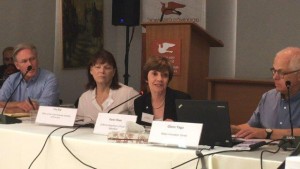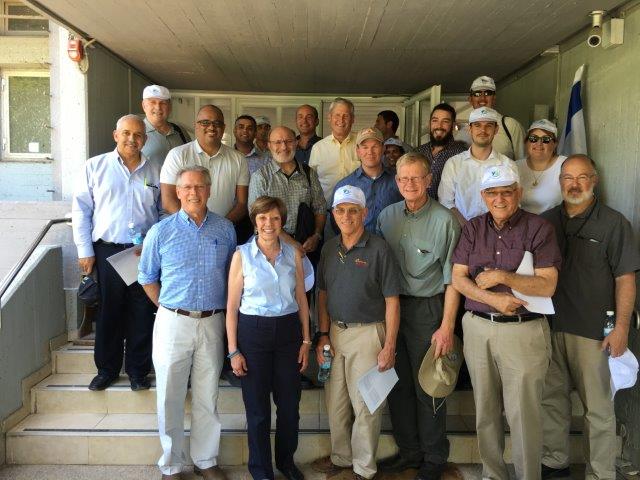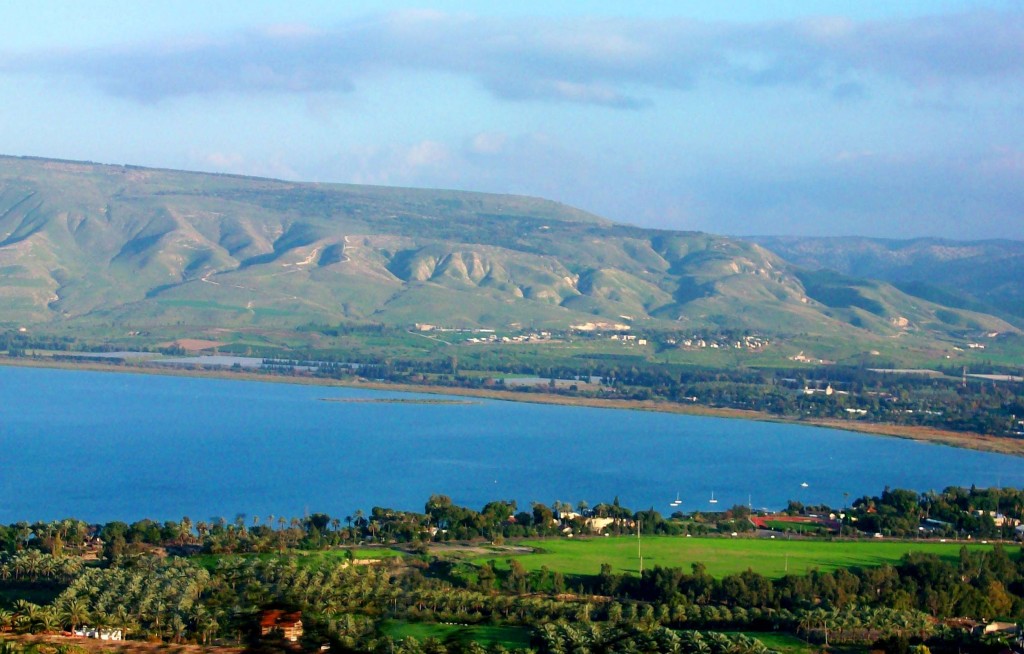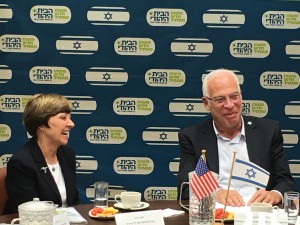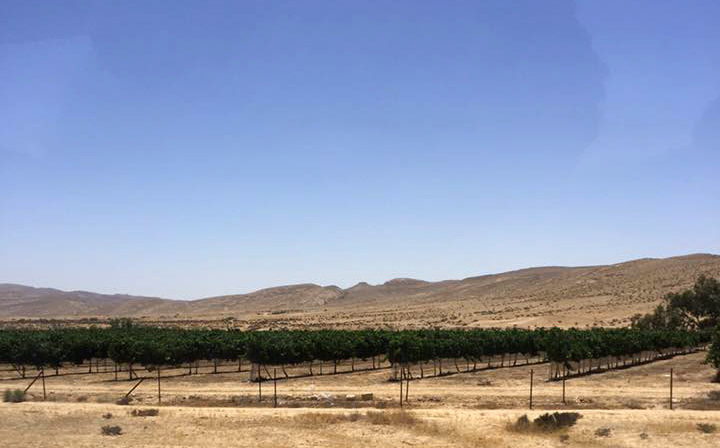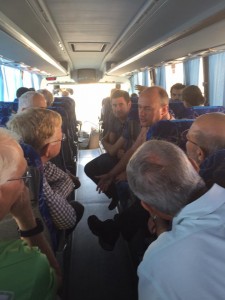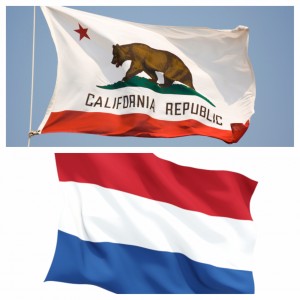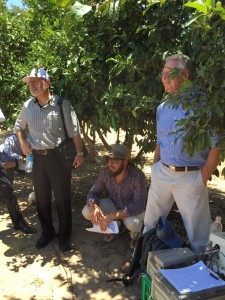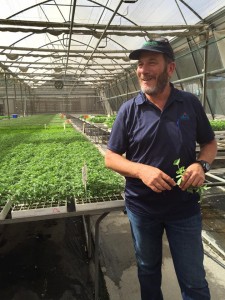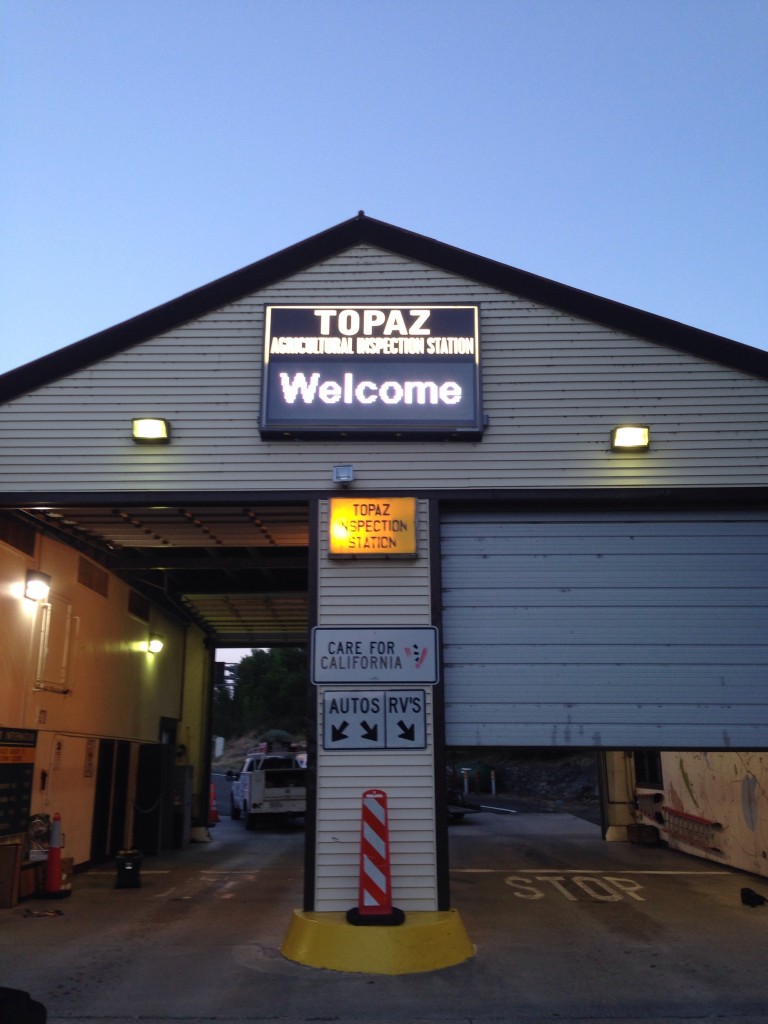Apps for Ag is a series of agriculture focused hackathons. Our purpose is to bring together the seemingly disparate worlds of software development and commercial farming into a collaborative event.
Our mission is to develop useful technology to address the needs of today’s grower, and to seed new enterprises in the AgTech and FoodTech sectors which will create new jobs.
The series will travel throughout the agricultural production areas of California and beyond. We welcome developers with diverse backgrounds, levels of experience and specialties to our events.
Our next event (July 15-17 at UC Davis) is going to be hosted by University of California Agriculture and Natural Resources (UC ANR), with the final round of judging to take place at the California State Fair.
Hackathons are a time tested Silicon Valley tradition. The purpose is not at all to “hack” into computer systems for malicious purposes. Rather, the term is based on the positive connotation of the word “hack”: to write clever software programs that solve an old problem in a new and optimal way.
Hackathons are typically 24-48 hours long and are an endurance challenge of ideation, iteration, collaboration and focus. Participants will put in long hours, some don’t even sleep, as they rush to develop as much of the concept as possible before judging. The event culminates in a judged contest, or “Pitchfest”.
The makeup of the judging panel reflects all of the respective industry stakeholders. It will include experienced growers, software engineers, entrepreneurs and investors. Judges are asked to rate each team on 1.) the impact of the concept, 2.) a compelling story of collaboration and 3.) the technical merit of the concept. Participating growers benefit by giving voice to their needs during the “Industry Panel” that kicks off each event.
The growers and industry representatives who participate may very well realize a purpose-built software application to address their stated challenge. They also get to observe what software development looks like, to see how challenging it can be, to learn a new vocabulary, to try something different and to discover many commonalities with another industry. Developers benefit by showing off their skills, networking within their industry, obtaining domain expertise in a new industry, learning about the technology that already exists in agriculture and, ideally, making a productive impact on the nation’s food chain.




